Ready to learn more?
Get all the details straight to your inbox!
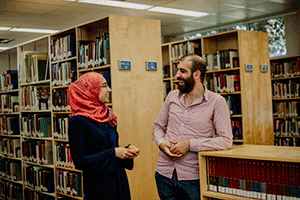
The Luther Library has over 24,000 items in its collection, 5,000 books checked out per year, and 7,000 students who come through its door per month.
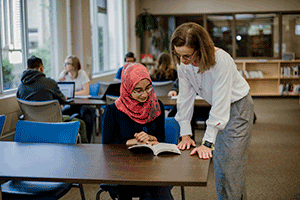
Luther College is recognized for its high standards of teaching, focused research, and one-on-one academic advising. We value and protect this heritage of excellence in scholarship, freedom of inquiry, and faithful seeking after truth.
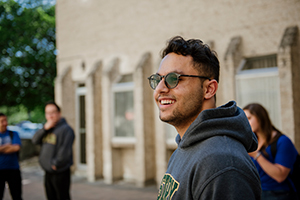
Every degree program at Luther College offers a study abroad option and an optional experiential learning component where you gain real world experience and get paid while going to school!
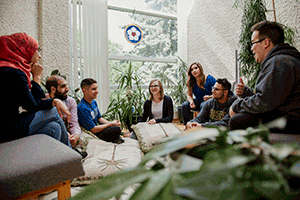
Luther College appeals to students who want to study in a safe, nurturing, and inclusive environment. We welcome students of all faiths, ethnicities, backgrounds, religions, genders, and sexual orientations.
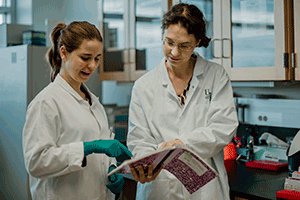
Luther College offers Bundles programs that group together first-year students and classes to give you a great start and help ease the transition from high school to university.
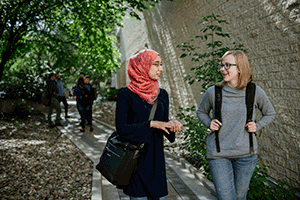
You can book a tour of Luther College, the U of R campus, and our student residence, The Student Village at Luther College, any time throughout the year. Contact our Recruitment Office at 1-306-206-2117.
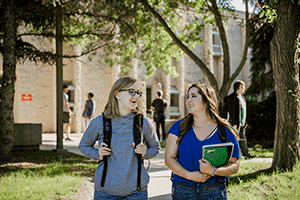
Luther College is a great choice for high school to university transition. Enjoy all the benefits of a larger campus, without feeling lost in the crowd. Our community is full of caring mentors and peers to ensure a positive student experience.
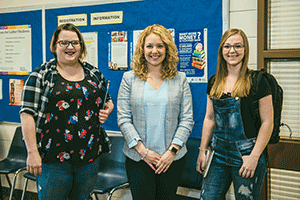
The priority deadline for academic application is March 15. To book a personalized enrolment counselling appointment, contact our Recruitment Office at 1-306-206-2117.
Get all the details straight to your inbox!
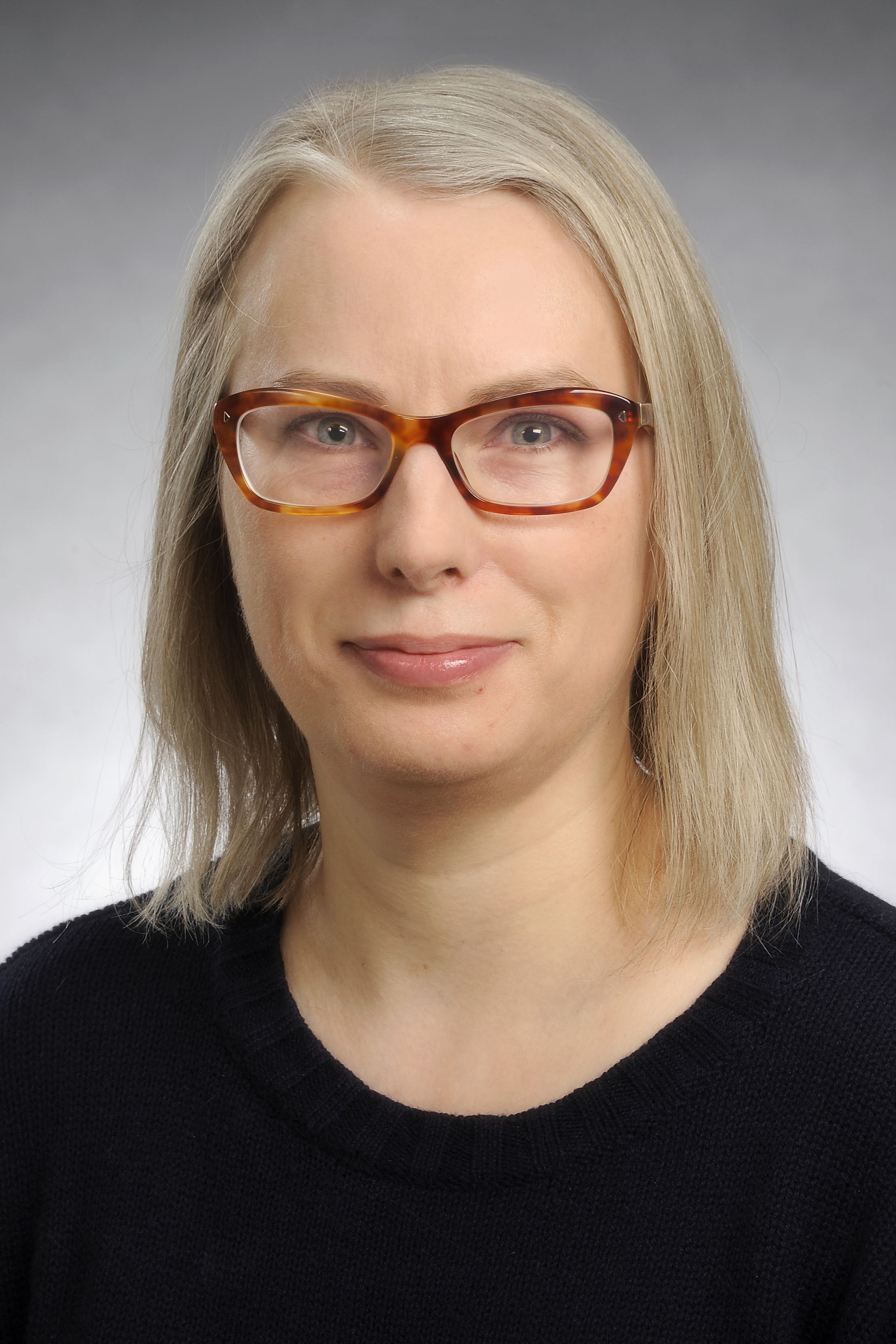 A "Story from the Podium"
A "Story from the Podium"By Michelle Folk (Religious Studies)
My love for stories and for history likely came from my family. My grandmother was a storyteller who loved to regale us with stories about her time at the Regina Grey Nuns Hospital School of Nursing. While I learned a lot about my grandmother from her stories, I also learned what it was like for my grandmother's generation during the Depression and also what it was like for health care professionals well before the days of universal health care (being paid with a sack of potatoes instead of the salary you were promised, for example).
I am also in a field (South Asian studies) that values teaching through storytelling. While a professor may introduce students to the principles of non-violence (ahmisa) and truth-grasping (satyagraha) by analyzing Mahatma Gandhi's writings on these concepts in The Story of My Experiments with Truth (1927), the story of how they walked hundreds of kilometres to hear Gandhi speak about non-violence and truth-grasping is as important as analyzing his writings on these same ideas.
While I find myself using narrative to teach when I "stand behind the podium" (I, for example, tell the story of hearing Gandhi's grandson talk about the time he tried and failed to get his grandfather's autograph), I also like to "get out from behind the podium" to hear other people's stories and I like to encourage students to do the same. I know first hand how much I have learned from my students' stories and how they have informed my understanding of what and how I teach.
For me, the 2014 Forward Together Lecture is an example of transformative storytelling in the classroom. Titled "I Shall Not Hate: A Message of Hope and Courage," Dr. Izzeldin Abeulaish spoke about having lost three daughters and a niece to an attack on his home in Gaza by Israeli troops in 2009 and the need for peace and reconciliation on a global scale. My introduction to religious studies class attended the lecture as part of class. And while I would never presume to speak for my students, I believe that they found Dr. Abeulaish's story to be profound and his call for reconciliation inspiring. I gauge this by the fact that his story roused a dialogue in the classroom that dominated the rest of the semester.